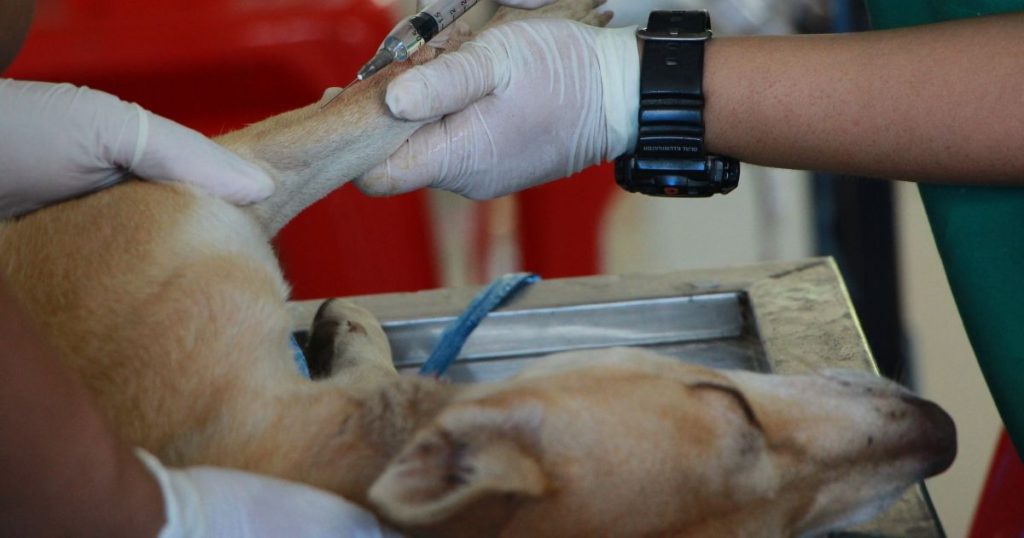A tweet recently surfaced urging pet owners to desist from giving birth control tablets and or other forms of human intended contraceptives to their dogs as not only is it ineffective, it can also make them ill. It appeared somewhat comical at first as the masses found it hilarious that people would actually do this. However, we later uncovered that the author of the post was Dr Briana Schwapp, an actual Veterinarian who was speaking from a point of concern, and experience having encountered numerous cases of the sort.
In an interview with SLEEK, she shared that the most common reason people do it is
“Owners sometimes think of them as small humans, and that whatever medication has worked for them will work on their pets too”.
She then emphasized that this practice is “useless” and spoke to the severity of the risks associated. “These drugs can cause negative effects such as pyometra (pus in the uterus) which can kill the animal within days”
“Painkillers are another drug that are commonly given by owners. Human painkillers can destroy the liver and kidneys of animals, and give them severe stomach ulcers. Aspirin is particularly toxic to cats.”
she said.
Dr Schwapp then recommended that owners contact their veterinarians instead and have them administer or advise them on the appropriate anti-procreation procedures. She also acknowledged financial concerns as one of the reasons owners are reluctant to seek veterinary consultation. However, she encourages owners to “call clinics, talk to veterinarians and get an idea of costs FIRST”.
When asked about Jamaicans’ relationship with animals she affirmed that Jamaicans are indeed animal lovers. However, she believes there needs to be campaigns geared towards educating individuals on how to care for animals. “It is something I am working on as part of our welfare committee and the Jamaica Veterinary Medical Association, as well as with True Pet Food”
she said.
When asked her to share the source of her inspiration to become a vet and admitted to never actively deciding to become a veterinarian, she said she just “was always going to be one”. However, despite being preordained to achieve her goal, the road wasn’t absent hurdles. She spoke of struggle being the catalyst of doubt along the way. Nevertheless, she pushed through and proudly informs us that she went from working in a clinic during summers to working “at that same clinic as a doctor!”
Dr Schwapp pleads that before you go prescribing medicine for your pet, be sure to do so with their professional advice.
Diagnosing and treating correctly the first time is always going to be better for your animal and more cost-efficient than doing it incorrectly, making the condition worse and then costing you even more money. We are here to help you, so just give us a call and get an idea of cost, and let us know if you have a budget.






